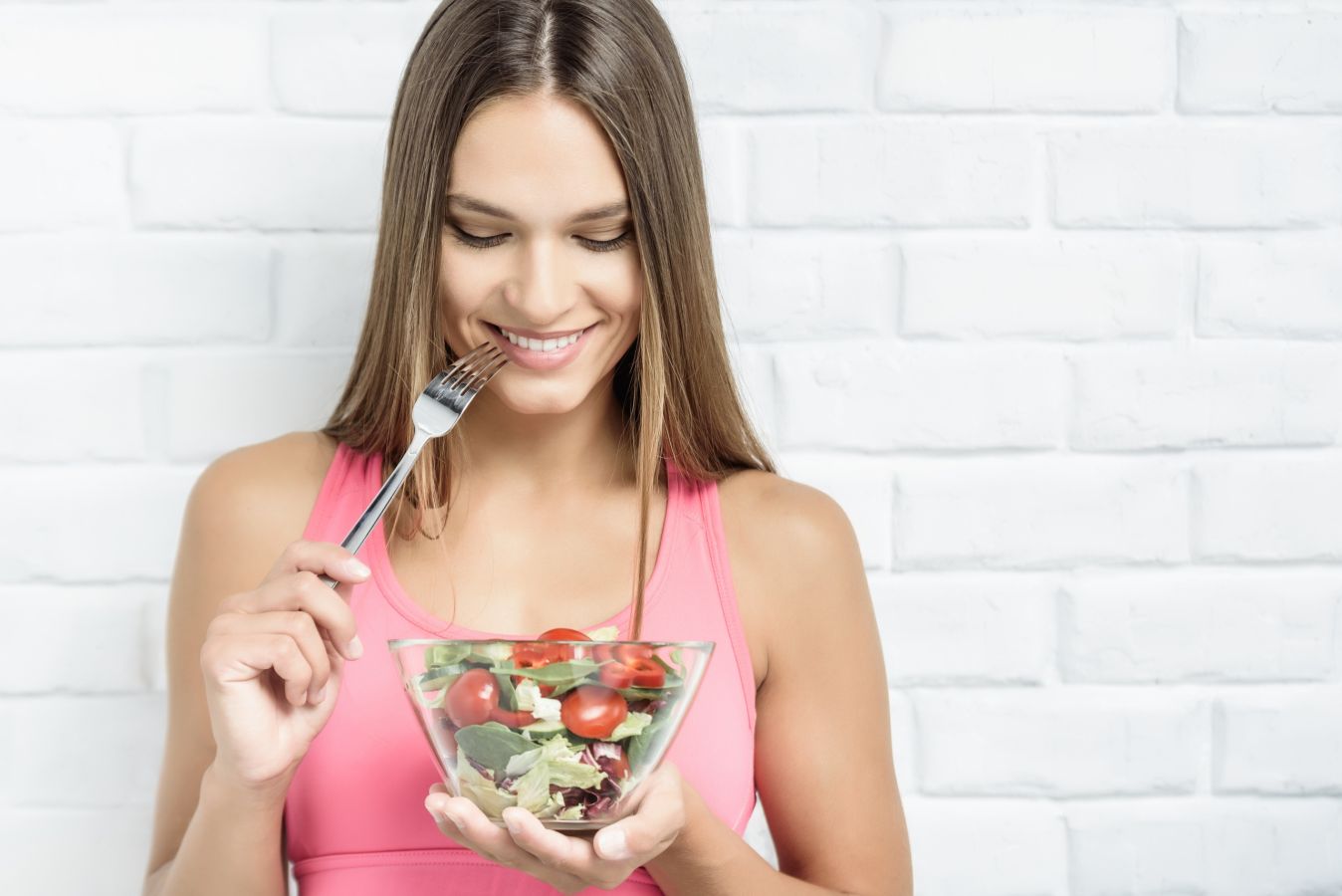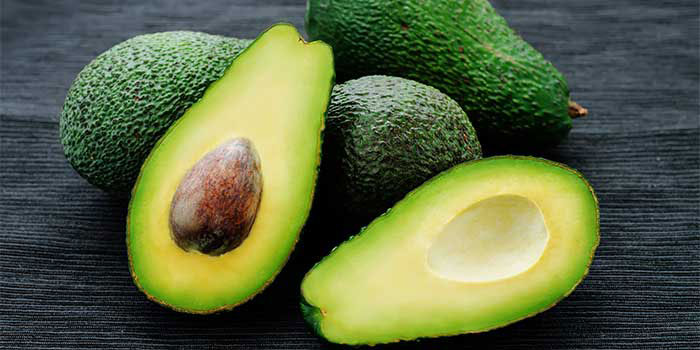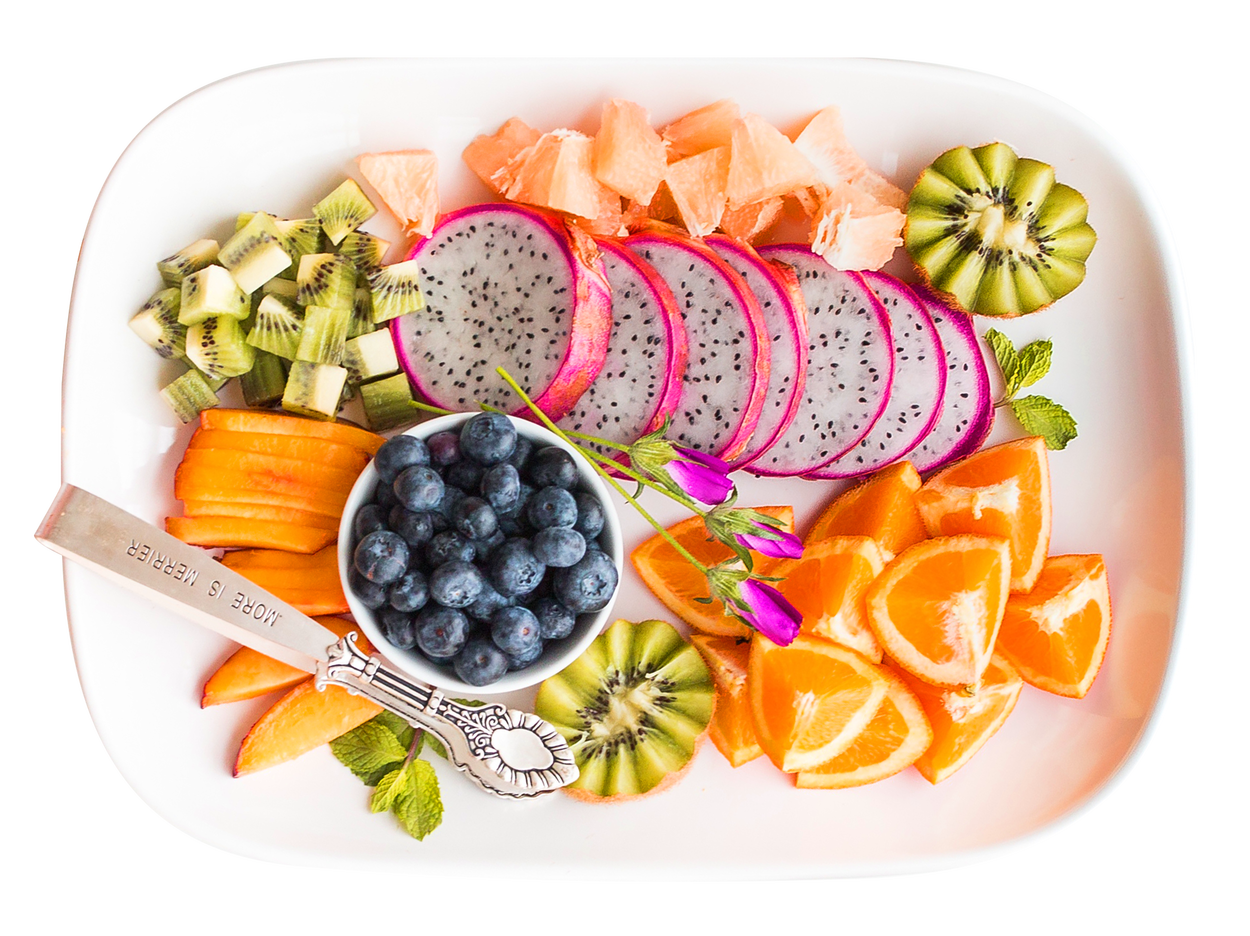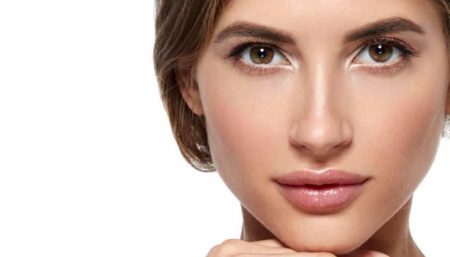Skin is the biggest organ in our body and definitely one of the most important ones (1). As we grow older, our skin requires more attention and it gets a bit more difficult to be protected. Using facial and moisturizing creams may be essential so you manage to keep your skin hydrated, but following a healthy diet is much more important (2). A diet, which contains the required for the body vitamins, minerals, antioxidants and omega 3 fatty acids, is very important as the nourishment of the skin starts from within. The food you eat should help you fight the free radicals and benefit you inside and outside. A healthy diet won’t only help you to have a glorious and healthy skin, it will also help you to keep a healthy weight, protect your heart and boost immunity and metabolism. Below you will find 5 tips which will help you to stay healthy while protecting your skin.

Add 1 tbsp of olive oil in each of your main meals.
Olive oil not only gives a better flavor to the food, but it also has lots of positive effects on the body when consumed in the right quantities. It’ a big part of the Mediterranean diet, known for the balance and health benefits it offers to the body (3). It also seems to protect the body from coronary heart disease and some types of cancer (3). Olive oil is high in antioxidants and omega 3s fatty acids. It seems to help prevent cardiovascular disease, while it inhibits oxidative stress and helps in reducing ageing (3).

Have half an avocado for breakfast or snack.
Avocados are high in antioxidants and contain omega 3 ‘’healthy’’ fats too, which will help your skin to stay flexible. Research also shows that the antioxidants in avocados might protect the skin against the UV damage (4). Avocados are also very high in vitamin E, which is necessary to protect the cells from oxidation and it can affect the gene expression (5). Other foods high in vitamin E that you should add to your diet are cereal, nuts and especially almonds which contain 26 mg per 100 g (6).
Add more vegetables to your meals.
Green and red fruit and vegetables are very high in protective antioxidants and as mentioned previously these compounds help fight the free radicals found in the environment. A study that compared the consumption of green and yellow vegetables and fruits in comparison to foods high in saturated fat showed that the wrinkles were significantly reduced in the group which consumed more vegetables (2). Of course more research is still required to associate the effects of a diet in a healthy good looking skin (2).
Yogurt
Yogurt has very high protein content, contains calcium, vitamin D and a variety of probiotics which nourish the body (7). The good bacteria found in the plain yogurt will help you ease digestion while it will help moisturize your skin (7). Some beauty experts claim that a natural homemade yogurt mask will gentle exfoliation on the skin as well as it will help to diminish lines and wrinkles. Definitely worth eating yogurt but also trying a face mask, so you can see by yourself the positive effects it will have on your face and skin.

Drink more water
Water is the most important part of the body as it appears in every body function and it makes about 70 % of the body (7). That’s why it’s very important to maintain it in the body and rehydrate properly especially when you exercise. 2l of water (or 8 cups) is the recommended amount for women and 2.5l (10 cups of water ) the recommended amount for men. Remember to drink at least 500 ml of water for every hour of training or competition (7). Other drink options to keep your body well hydrated are decaf tea and flavored with no added sugar water.
References:
- Evans, J. A. and Johnson, E. J. (2010). The role of phytonutrients in skin health. Nutrients, 2 (8), 903 – 928.
- Nagata, C., Nakamura, K., Wada, K. Oba, S., Hayashi, M., Takeda, N. and Yasuda, K. (2010). Association of dietary fat, vegetables and antioxidant micronutrients with skin ageing in Japanese women. Br J Nutr, 103 (10), 1493 – 8.
- Owen, R. W., Dr, Giacosa, A., Hull, W. E., Haubner, R., Wurtele, G., Spiegelhander, B., Bartsch, H. (2000). Olive oil consumption and health: the possible role of antioxidants. The Lancet Oncology, 1 (2), 107 – 112.
- Lorencini, M., Brohem, C.A., Dieamant, G.C., Zanchin, N.I. and Maibach, H. I. (2014). Active ingredients against human epidermal aging. Ageing Res Rev, 15, 100 – 15.
- Zingg J.M (2007). Modulation of signal transduction by vitamin E. Aspects Med,28:481–506.
- USDA Agricultural Research Service, authors USDA; Washington, DC, USA (1998). 1994–1996 Continuing survey of food intakes by individuals and diet and health knowledge survey.
- Hark, L. and Deen, D. (2005). Nutrition for life. The definitive guide to eating well for good health. United Kingdom: Dorling Kindersley.
Disclaimer
The Content is not intended to be a substitute for professional medical advice, diagnosis, or treatment. Always seek the advice of your physician or other qualified health provider with any questions you may have regarding a medical condition.



